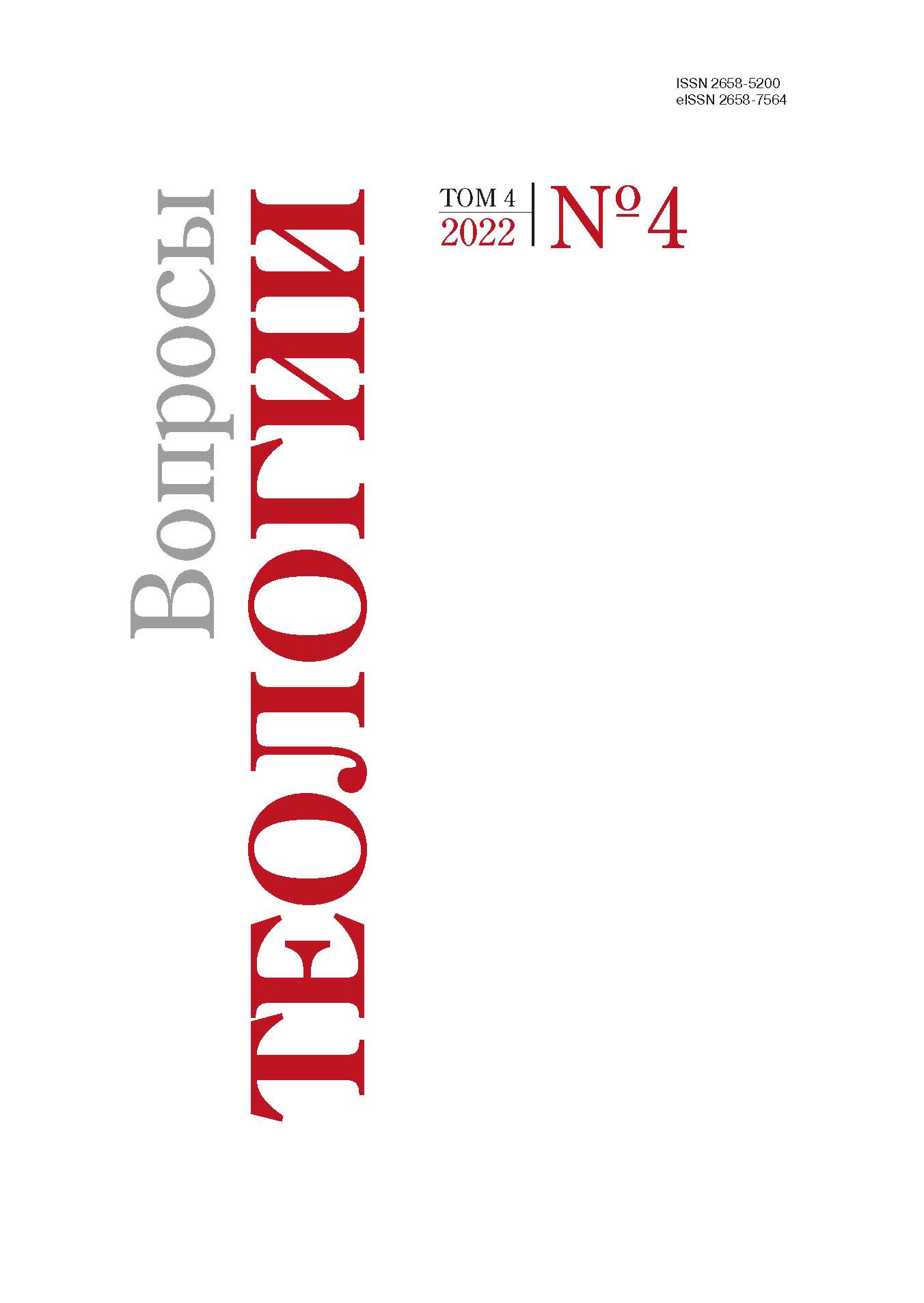Проблема свободы воли в восточном и западном христианстве
DOI:
https://doi.org/10.21638/spbu28.2022.405Аннотация
Современный интерес к проблеме свободы воли человека во многом стимулирован концепциями искусственного интеллекта и трансгуманизма, но ее исследование ведется в физикалистских рамках, в отличие от средневековых дискуссий, когда рассматривалась в основном «метафизика воли». В статье описываются исторические особенности восточного и западного подходов к данной проблеме. Обсуждаются отличия схемы античного мировосприятия от христианской картины мира и вопрос согласования автономии воли с Провидением. Сложность этого вопроса состоит в необходимости совмещения антиномических тезисов божественного всеведения и возможности совершения человеком альтернативного выбора. Выявляется природа данной антиномии, обусловленная некорректностью описания духовного и божественного миров посредством языка, основанного на принципах классической логики и распространяющего на эти миры эмпирические законы мира грубой материи. Отмечается, что в западноевропейской традиции попытка выхода за рамки классической логики делается молинистами в учении о «среднем знании». В восточной патристике волевая проблематика полнее всего раскрывается в творчестве Максима Исповедника, позиция которого по заявленной теме состоит в том, что, в отличие от свободы выбора, свобода воли является для человека не данностью, а заданностью.
Ключевые слова:
свобода воли, предопределение, логика, августинизм, пелагианство, фатализм, Максим Исповедник
Скачивания
Библиографические ссылки
References
Загрузки
Опубликован
Выпуск
Раздел
Лицензия
Статьи журнала «Вопросы теологии» находятся в открытом доступе и распространяются в соответствии с условиями Лицензионного Договора с Санкт-Петербургским государственным университетом, который бесплатно предоставляет авторам неограниченное распространение и самостоятельное архивирование.




